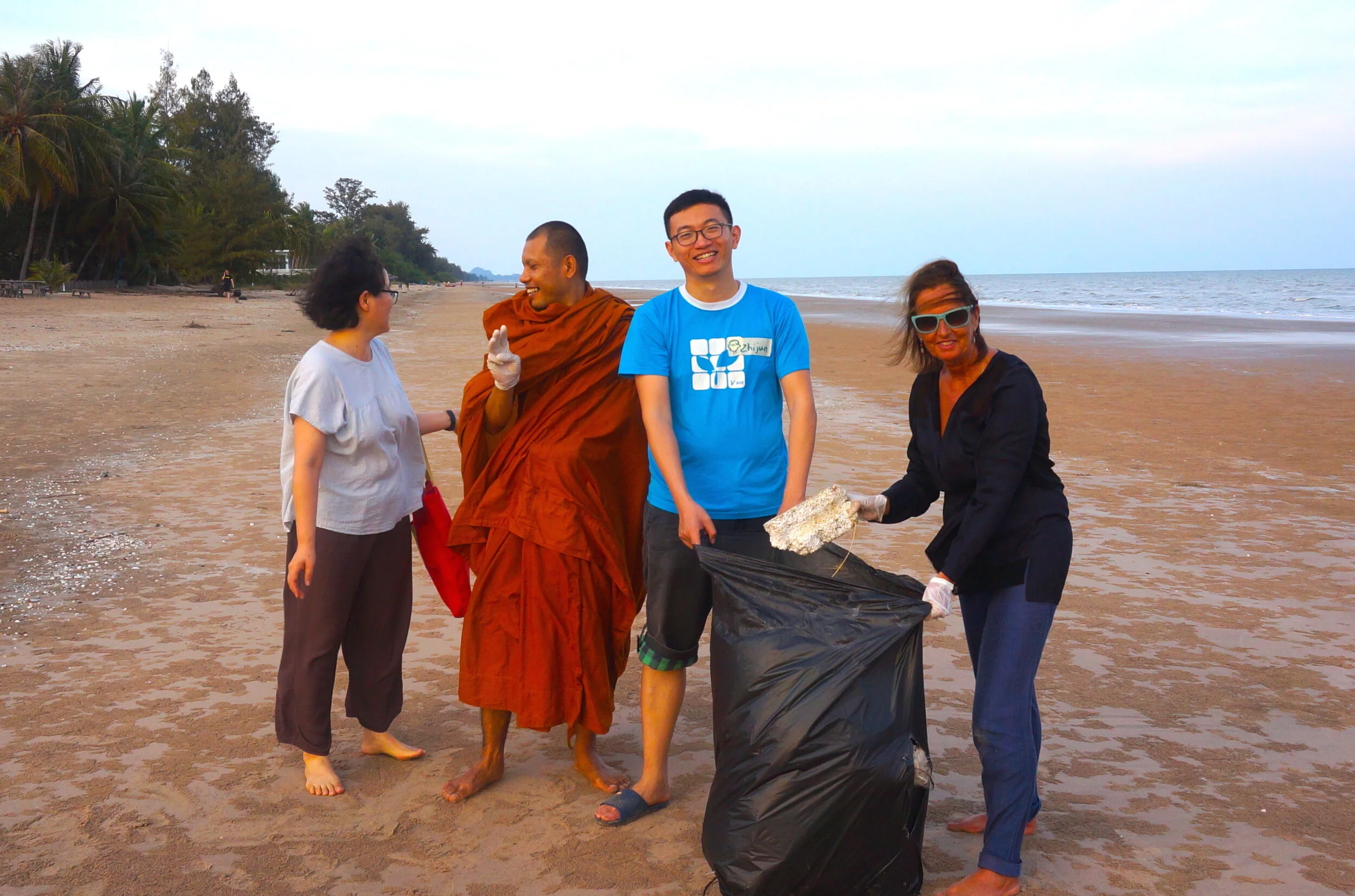Pedagogy of Cooperation in a Volatile World
If the Greeks had six forms of love- eros, philia, ludus, agape, pragma and philautia -, the Buddhists, four sublime states of mind - metta, karuna, mudita and upekkha -, how many forms of cooperation does the volatile world need today? And how to cultivate them?
This is the field of exploration of the recently launched book Pedagogy of Cooperation. For Fábio Brotto, author and co-organiser of the work the book is a contribution to the necessary and emerging collaborative literacy that is taking place in classrooms without walls, in schools without borders, holacratic organisations and networked glocal communities of learning.
The book springs from the Cooperation Project with its roots in the city of Santos, Brazil, where in the 90’s a group of educators, theorists, practitioners took cooperative games at heart to bridge the inequality gap between the diverse communities living in Latin America's largest port city. Over the years the pedagogy of cooperation became a transformative body of concepts and practice re-wiring organisational culture towards win-win-win systems in Brazilian academic institutions, third sector and government departments.
The book brings together texts by 27 experts and presents a complete approach to Pedagogy of Cooperation-purpose, principles, procedures, processes and practices. The work also includes a set of cases and practical applications of several collaborative methodologies, such as Conflict Transformation, Dialogue, Non-Violent Communication, Design Thinking, Circular Dances, Cooperative Games, Appreciative Inquiry, Oasis Game and more.
This is an important book that deserves to be widely read and debated - ultimately, its co-authors carry a message of hope and potential. It challenges us to transcend self-centeredness, to embrace the intense connection and liveliness that cooperative practices can bring to a volatile world.

